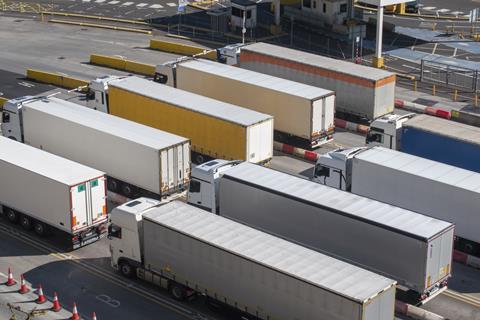
UK food and drink exports tumbled by 10% in the first nine months of the year driven by a sharp drop in alcohol sales, according to new data from the Food & Drink Federation (FDF).
The EU remains the UK’s biggest trading partner for food and drink but exports to the bloc fell by 5.3% due to persistent administrative burdens from Brexit. Exports to Ireland and Germany rose slightly, by 3% and 1.4% respectively, although these were the exceptions.
The FDF is therefore calling for a focus on “removing unnecessary paperwork” and targeted export support, particularly for small and medium-sized businesses to help them clear post-Brexit trade barriers and recover lost trade.
“These figures highlight the challenges that UK food and drink continue to face when selling their products abroad,” said Balwinder Dhoot, the FDF’s director of industry growth and sustainability.
A new study published this week by the London School of Economics found Brexit has hit UK trade less than predicted due to the adoption of larger companies at the border, although the trade deal has been “a disaster for small exporters”.
It concluded about 14% of firms that previously exported to the EU – around 16,400 in total – stopped doing so after the trade deal came into force in January 2021.
Exports of whisky – the UK’s most valuable food and drink export – crashed 28.5% compared to the same period 2023 as distillers suffered from economic volatility and inflation.
The US is still the UK’s third-largest market after Ireland and France, although exports fell 7.9% in the first nine months of the year. The FDF therefore called on the UK to maintain strong relationships with the new administration in Washington to help reduce the friction at borders and avoid any tariff increases.
“With millions of American consumers continuing to enjoy the iconic British tea and biscuits, it’s important that we maintain our positive trading relationship with this high-value market,” said Dhoot.
The UK has a trade surplus with the US, meaning that while Britain has received £1bn of food and drink so far this year, it exported £1.6bn of products.
The FDF welcomed the UK’s recent accession to the Comprehensive and Progressive Agreement for Trans-Pacific Partnership (CPTPP) – a trade agreement of 12 nations, predominantly in the Asia-Pacific region.
CPTPP countries are the UK’s second-biggest supplier of ingredients to the UK after the EU, with imports from the bloc rising 9.7% so far this year. Since joining the pact, manufacturers can import products like soy sauce, sesame oil, and cocoa butter tariff-free.
“By gaining these better terms for trading and removing friction at borders, food and drink manufacturers can access more markets and create more resilient supply chains,” Dhoot said.



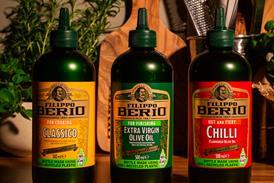



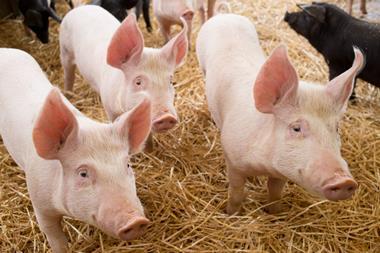
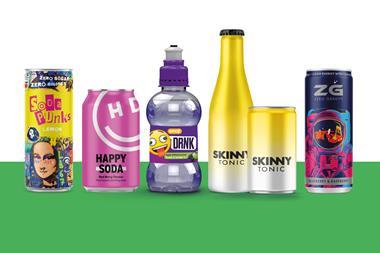
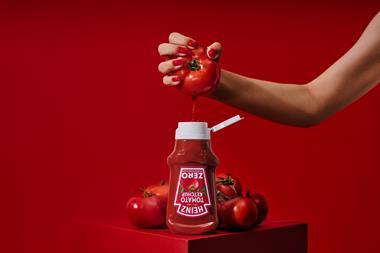
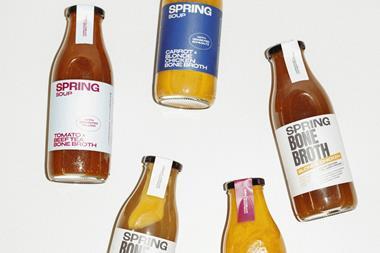
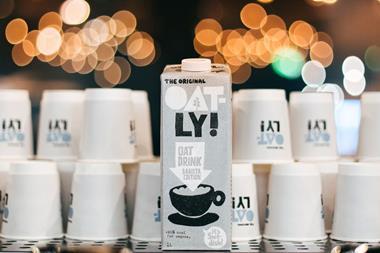
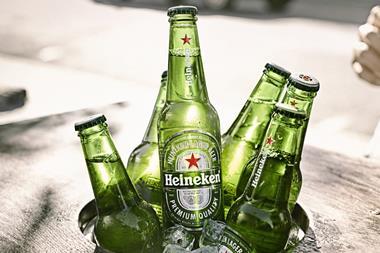



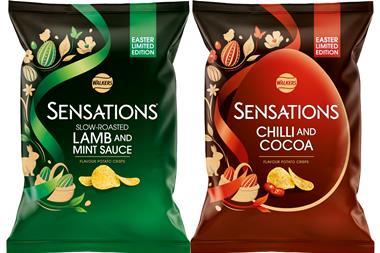


1 Readers' comment